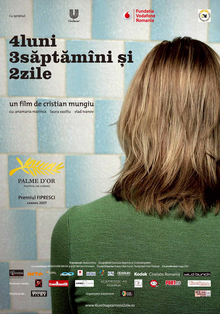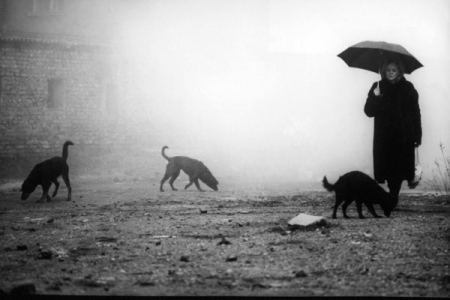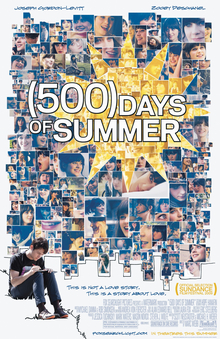 Some months ago, a friend and I headed to the theater to go see Revolutionary Road. I can't remember why exactly, but we somehow showed up about half an hour late to the theater, and instead settled on the utterly mindless Underworld prequel (never mind the fact that I hated the first one). Having come at a stressful week in school, this was a welcome vacation for my brain. Very few things require less thought than a movie made by a former special effects coordinator about a war between vampires and werewolves, even if the main werewolf had just recently been absolutely amazing in the movie that probably should have won best picture at last year's Oscars, Frost/Nixon.
Some months ago, a friend and I headed to the theater to go see Revolutionary Road. I can't remember why exactly, but we somehow showed up about half an hour late to the theater, and instead settled on the utterly mindless Underworld prequel (never mind the fact that I hated the first one). Having come at a stressful week in school, this was a welcome vacation for my brain. Very few things require less thought than a movie made by a former special effects coordinator about a war between vampires and werewolves, even if the main werewolf had just recently been absolutely amazing in the movie that probably should have won best picture at last year's Oscars, Frost/Nixon.Fast forward a few months, and I'm sad to report, that delay in arriving to the theater was something of a blessing. I'm sure if I was some sort of movie journalist, I would lose my job for saying this, but Underworld was monumentally better than Revolutionary Road.
I simply cannot understand A) how this movie got good reviews, and B) how Kate Winslet won any awards for her performance. She's one of my favorite actors currently working (as evidenced by the giant Eternal Sunshine poster of her face on my wall), but she, as well as DiCaprio, do a lot more play acting than film acting. None of their movements, none of their lines, none of their interactions look like anything two people would actually ever do. They look like they are acting; the movie feels too much like its a movie. The acting is very, very stiff (when the two leads aren't overacting), and the dialog is often perplexingly bad (for example, during an argument on the beach, DiCaprio ends it by taking off his shirt saying something to the effect of "It's too hot for this, I need to get wet").
Mediocre performances aside (I still cannot wrap my head around how Winslet got nominated and won awards, I just can't do it), director Sam Mendes ruins what I assume is a pretty good novel. The film basically tells the story of a couple achieving the American dream and discovering that the status quo isn't actually fulfilling, as their marriage quickly falls to pieces. Where there any other revelations or themes anywhere in the entire movie, maybe this film would have a chance to be something special. But no, Mendes lingers on the one, earth-shattering realization that living in the suburbs isn't the dream everyone is chasing. I'm 21, never been anywhere close to marriage, and these ideas seem all too obvious to me, yet Mendes presents them as though the audience would never have considered them before.
And that makes me wonder, are the people watching Revolutionary Road as slow to understanding as the characters? I think Mendes' intention was to be, well revolutionary, and shake up a few minds to realize that maybe they aren't living the way they want to live. But if they need a movie to point this out to them, a shallow, dull movie, I suppose they deserve their shallow, dull lives (I however, quite like my shallow, dull life, and wouldn't trade it for the world).









